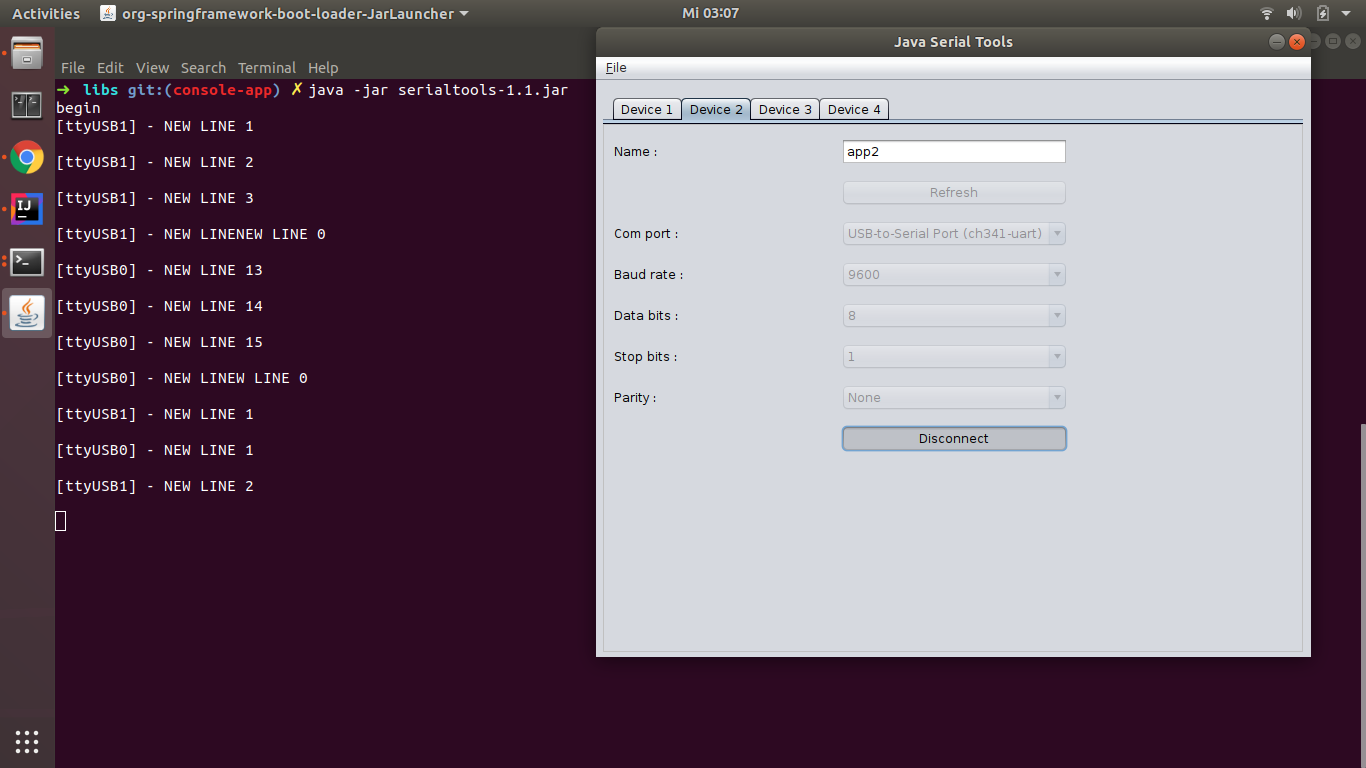


GUI JAVA COMPILER ANDROID
Native Android applications should typically use Java unless the app is a game. In some cases, the decision between C++ and Java is clear.

We can compare C++ to Java from many perspectives. Detailed Trade-offs: Generics, Memory, and More C++ also interacts with hardware more easily than Java, as C++ is a lower-level language. You can access C libraries in Java using the Java Native Interface (JNI) API, but it is error-prone and requires some C or C++ code. The most significant difference is their ecosystems: While C++ can seamlessly call into libraries based on C or C++, or the API of an operating system, Java is best suited for Java-based libraries. In other words, the Java compiler’s output needs a platform-specific native executable to run.īoth C++ and Java fall into the family of C-like languages, as they generally resemble C in their syntax. Instead, Java builds bytecode, an intermediate binary representation that runs on the Java Virtual Machine (JVM).
GUI JAVA COMPILER CODE
Though some claim C++’s compilers reduce its portability, and they do necessitate rebuilds for new target architectures, C++ code runs on almost every processor platform.įirst released in 1995, Java doesn’t build directly to native code. Modern C++ compilers typically compile to native machine code. Examining the Basics: Language Builds and EcosystemsĬ++ launched in 1985 as a front end to C compilers, similar to how TypeScript compiles to JavaScript. Let’s explore the situations in which developers should choose C++, Java, or another language altogether-and, even more importantly, why the decision matters. Countless articles compare C++ and Java’s technical features, but which differences are most important to consider? When a comparison shows, for example, that Java doesn’t support multiple inheritance and C++ does, what does that mean? And is it a good thing? Some argue that this is an advantage of Java, while others declare it a problem.


 0 kommentar(er)
0 kommentar(er)
